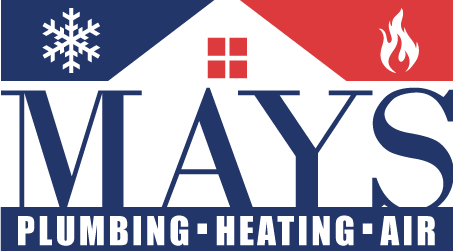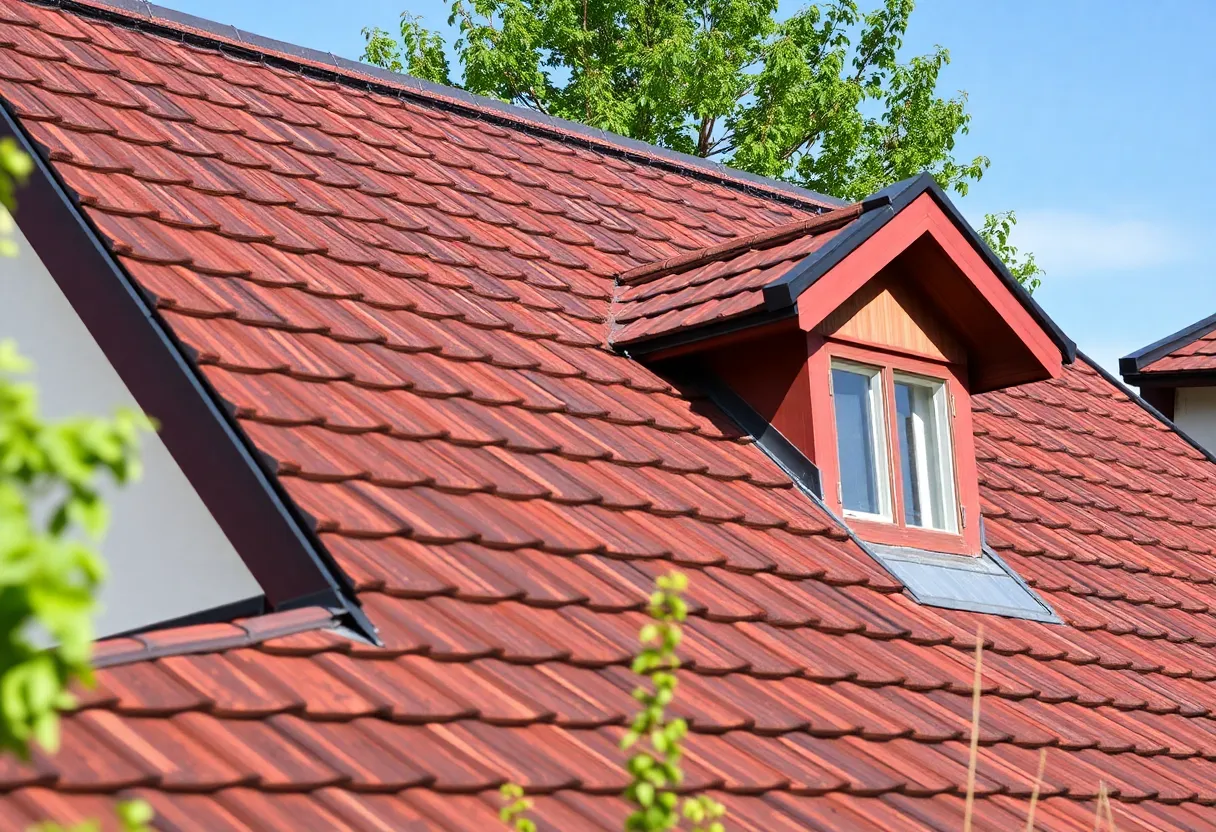How to Create a Budget-Friendly DIY Roof Renovation Plan: Tips for Homeowners
A roof renovation can be a significant investment for homeowners. However, with careful planning, it is possible to approach this task in a budget-friendly way. By employing a DIY mentality and following a structured renovation plan, you can achieve a new roof without draining your finances. This article provides a detailed outline for creating a budget-friendly DIY roof renovation plan.
Understanding the Importance of a Roof
Your roof serves several crucial functions, including:
- Providing shelter and protection from the elements.
- Enhancing energy efficiency.
- Contributing to the aesthetic appeal of your home.
Recognizing these factors underscores the need for proper roof maintenance and timely renovations. Neglect can lead to extensive damage and costly repairs down the line, emphasizing the importance of a well-planned renovation strategy.
Assessing Your Roof Condition
Inspection
Begin your renovation journey by performing a thorough inspection of your current roof. Look for signs of damage, such as:
- Missing or cracked shingles.
- Water stains on ceilings or walls.
- Visible sagging.
- Exposed underlayment or decking.
Document your findings using photographs and notes to refer back to during the planning stage. Identifying the areas in need of attention helps to prioritize tasks and allocate resources effectively.
Determine Your Needs
Based on the inspection results, determine what renovations are necessary. Decide whether you can perform a simple patch-up or if a complete roof replacement is required. This decision can significantly impact the budget and the materials needed.
Creating a Budget
Estimate Costs
To create a budget-friendly plan, begin with an estimate of the potential costs involved. Consider the following expenses:
- Materials: Choose high-quality materials that fit within your budget.
- Tools: Assess any tools you may need to rent or purchase.
- Labor: If you plan to enlist help from friends or family, factor in any costs associated with compensation.
Compile a detailed list of these potential costs to better visualize the project’s financial requirements.
Establish a Contingency Fund
Unexpected expenses often arise during renovations. Aim to set aside at least 10-15% of your total budget as a contingency fund to cover unforeseen costs. This buffer can alleviate financial stress and keep your project on track.
Planning Your Roof Renovation
Selecting Materials Wisely
Choosing the right materials is crucial for a budget-friendly plan. Some common roofing materials include:
- Asphalt Shingles: Affordable and widely used, they offer a balance between cost and durability.
- Metal Roofing: More expensive, but highly durable and energy-efficient.
- Wood Shakes: Aesthetic but require more maintenance and can be pricier.
Research the pros and cons of each material type. Your choice will impact the longevity of your roof and long-term maintenance costs.
Designing a Timeline
Establish a timeline for your renovation. Factor in weather conditions and your personal schedule. Here’s a basic outline:
- Week 1: Gather materials and tools.
- Week 2: Perform roof demolition and dispose of old materials.
- Week 3: Install new roofing materials.
- Week 4: Conduct an inspection and finish touches.
Adjust the timeline according to your pace and the complexity of the project. A well-structured schedule aids in staying focused.
Executing the Renovation
Safety First
Safety is paramount during any renovation project. Equip yourself with the necessary safety gear, including:
- Hard hats.
- Non-skid shoes.
- Safety glasses.
- Harnesses, if working at heights.
Evaluate the structural integrity of your roof before scaling heights. If any issues arise, it may be more prudent to consult a professional.
Step-by-Step Renovation Guide
Follow this structured step-by-step guide to ensure a smooth renovation process:
- Preparation: Clear the work area of debris and ensure proper ventilation.
- Remove Old Roofing: Carefully take off the old materials using appropriate tools.
- Inspect Underlay: Check the decking for damage and replace as necessary.
- Install New Membrane: Lay down an underlayment to protect against moisture.
- Begin Shingle Installation: Start at the bottom and work your way up.
- Finish and Inspect: Ensure everything is secure and check for gaps or irregularities.
Post-Renovation Evaluation
Inspect Your Work
Once the renovation is complete, conduct a thorough check of the newly installed roof. Look for:
- Loose or uneven shingles.
- Secure flashings around vents and chimneys.
Address any issues immediately to avoid larger problems in the future. A quality check ensures your efforts yield lasting results.
Maintain Your Roof
Regular maintenance is essential in preserving the integrity of your roof. Create a maintenance schedule that includes:
- Inspecting for debris or damage at least twice a year.
- Cleaning gutters to prevent water pooling.
- Addressing minor repairs promptly to prevent escalation.
Conclusion
Creating a budget-friendly DIY roof renovation plan necessitates careful planning, execution, and ongoing maintenance. By following these guidelines, homeowners can approach this project with confidence. Properly assessing needs, estimating costs, selecting materials wisely, and executing the renovation safely allows for a successful roof transformation without breaking the bank. Remember that diligence and attention to detail during the renovation process can contribute significantly to the longevity and durability of your roof.
Author: STAFF HERE Chapin
CHAPIN STAFF WRITER The CHAPIN STAFF WRITER represents the experienced team at HEREchapin.com, your go-to source for actionable local news and information in Chapin, Lexington County, and beyond. Specializing in "news you can use," we cover essential topics like product reviews for personal and business needs, local business directories, politics, real estate trends, neighborhood insights, and state news affecting the area—with deep expertise drawn from years of dedicated reporting and strong community input, including local press releases and business updates. We deliver top reporting on high-value events such as the Chapin Christmas Parade, Fourth of July Celebration, and the Chapin Fall Festival. Our coverage extends to key organizations like the Chapin Chamber of Commerce and the Lexington School District One, plus leading businesses in retail and recreation that power the local economy such as Lake Murray Tourism and the Chapin Visitor Information. As part of the broader HERE network, including HEREaiken.com, HEREbeaufort.com, HEREchapin.com, HEREcharleston.com, HEREclinton.com, HEREcolumbia.com, HEREgeorgetown.com, HEREgreenwood.com, HEREgreenville.com, HEREhiltonhead.com, HEREirmo.com, HEREmyrtlebeach.com, HEREnewberry.com, HERErockhill.com, HEREspartanburg.com, HEREaustin.com, HEREcollegestation.com, HEREdallas.com, HEREhouston.com, and HEREsanantonio.com, we provide comprehensive, credible insights into South Carolina's dynamic landscape.




 Mays Contracting
Mays Contracting

